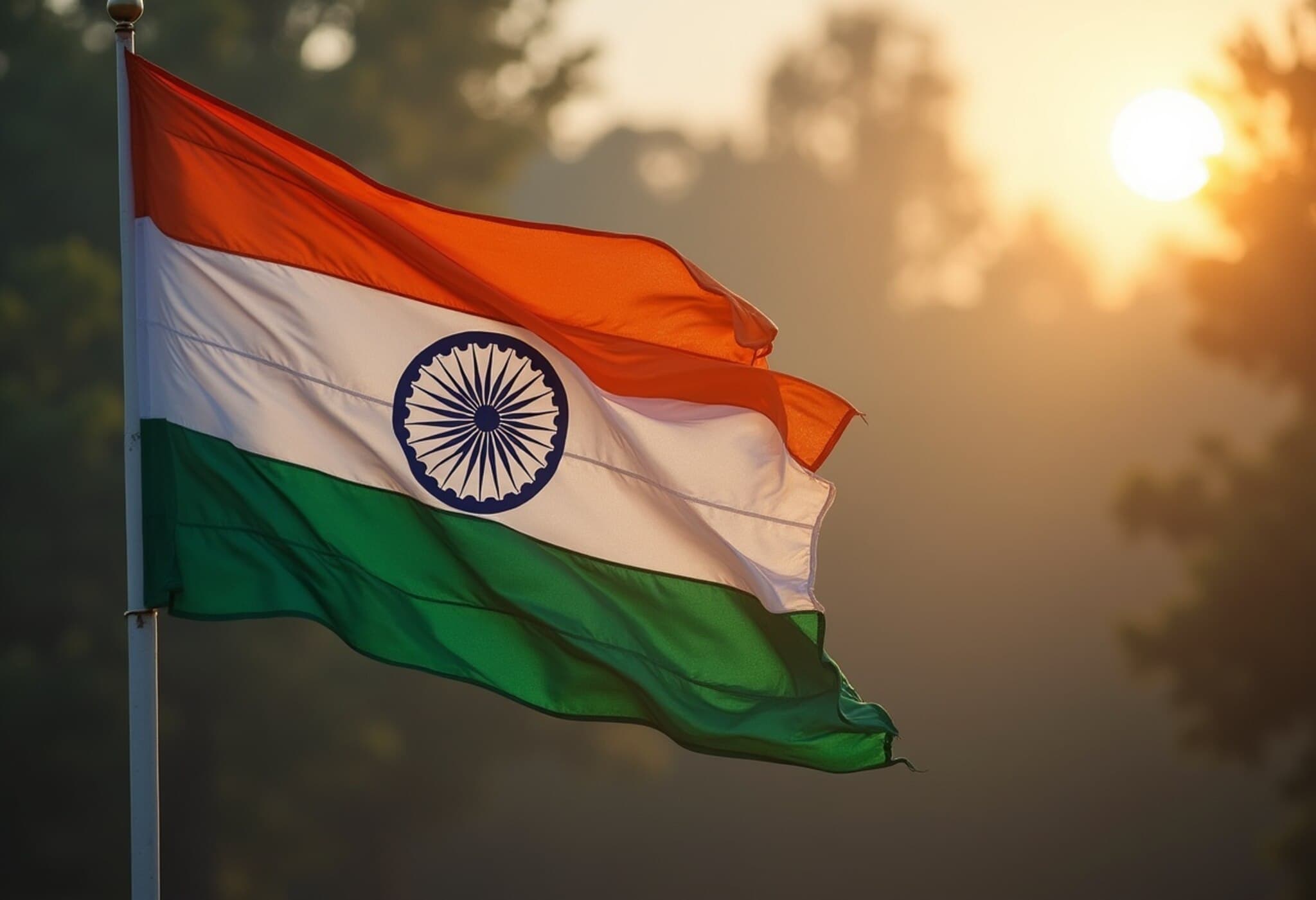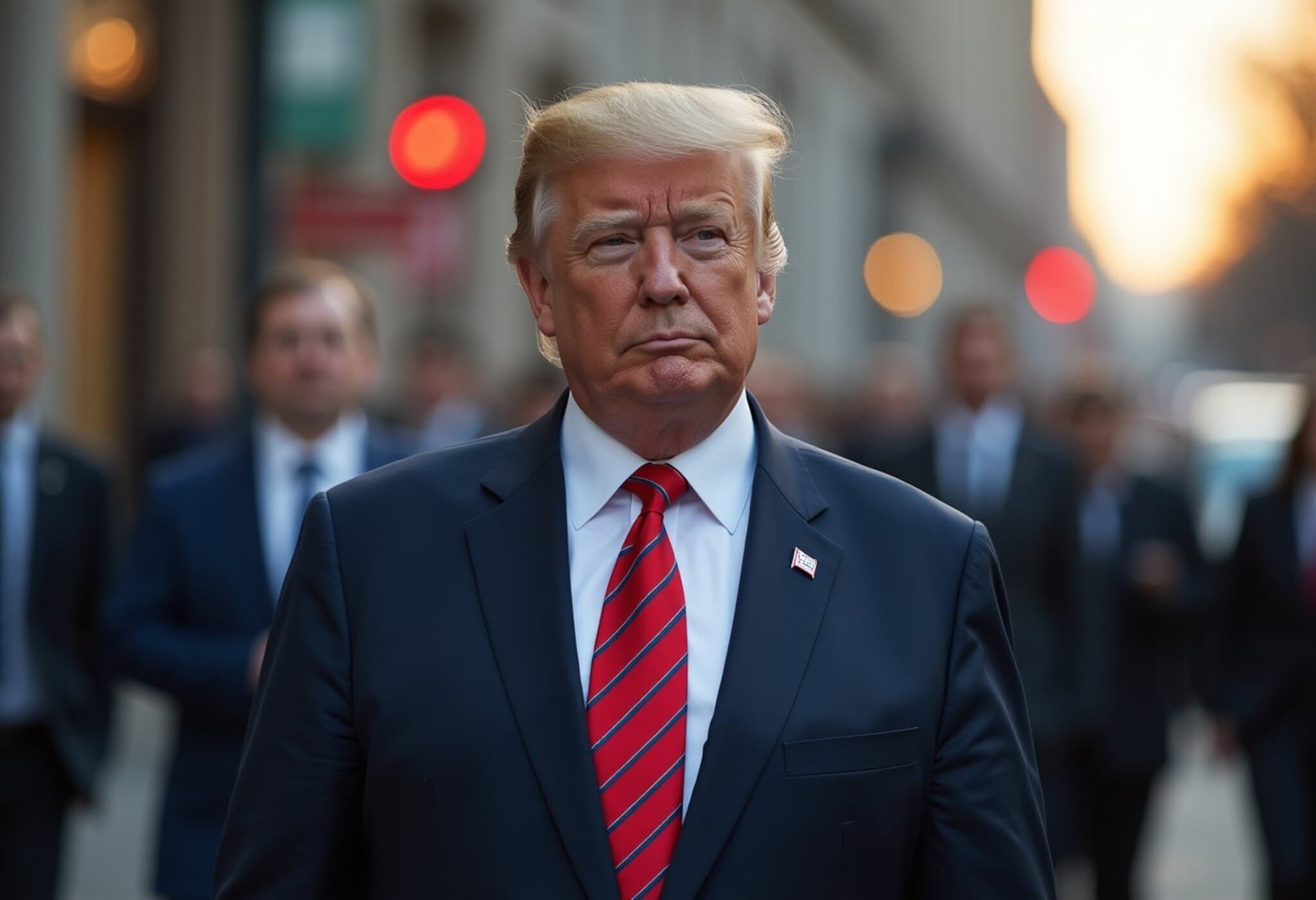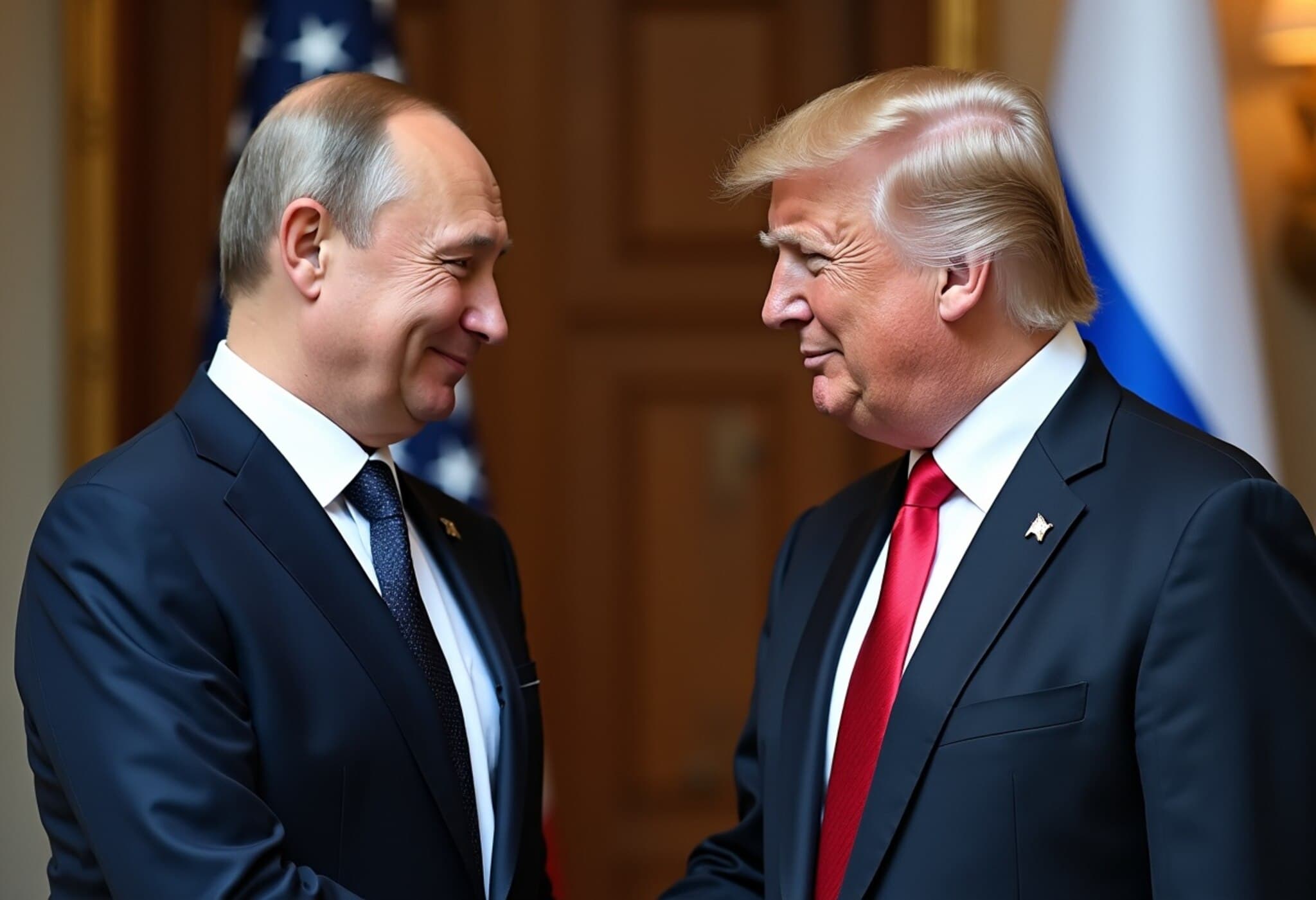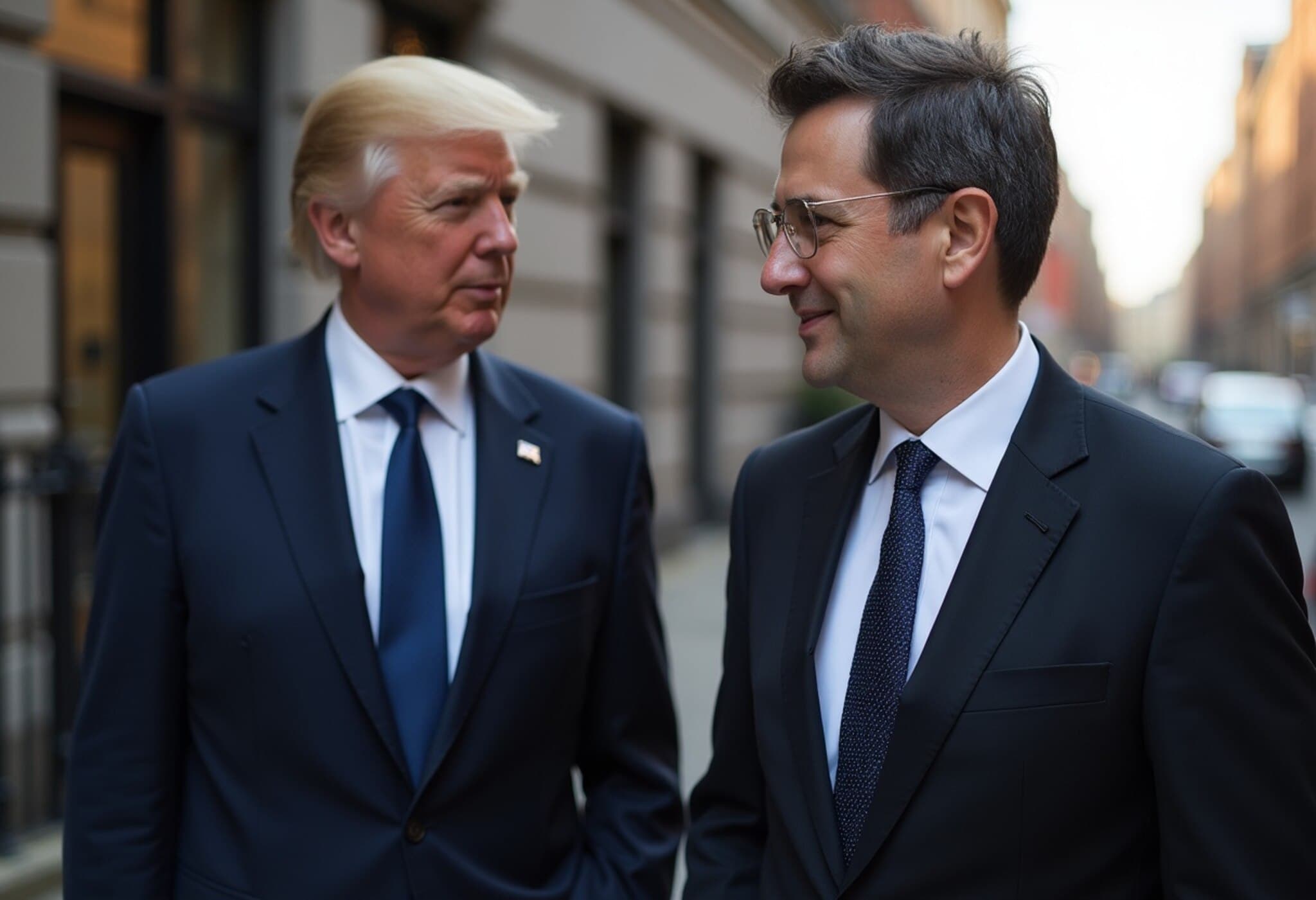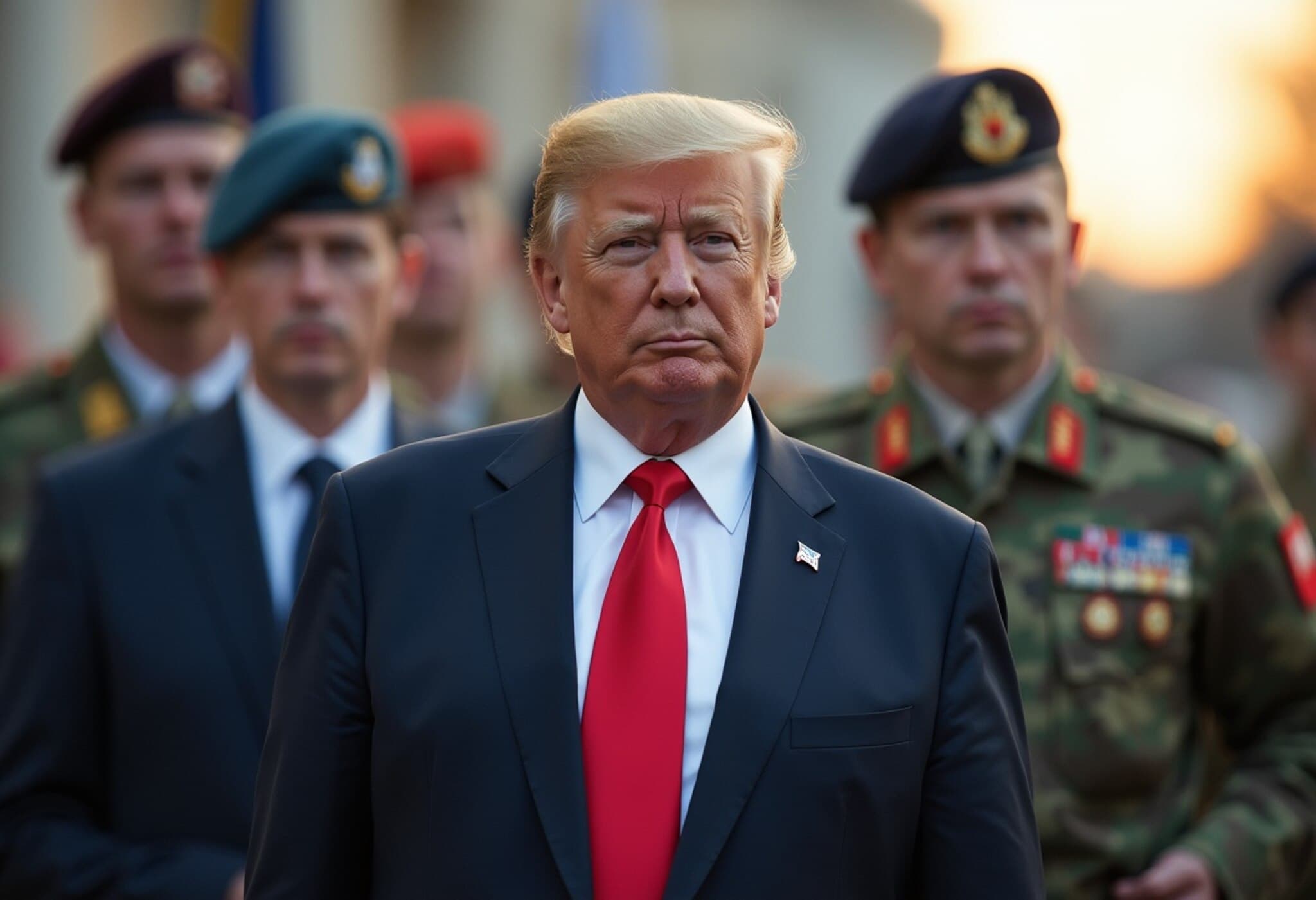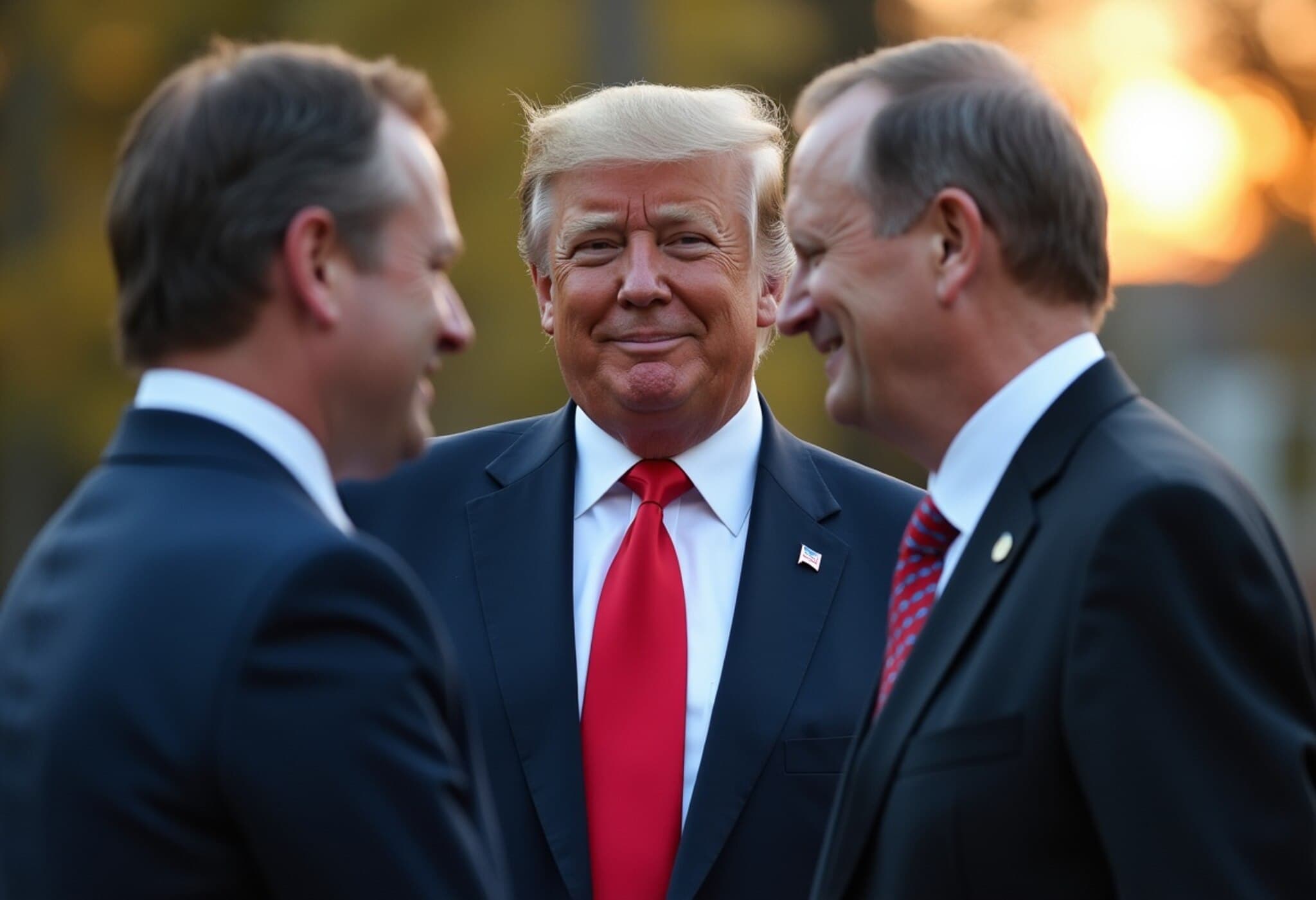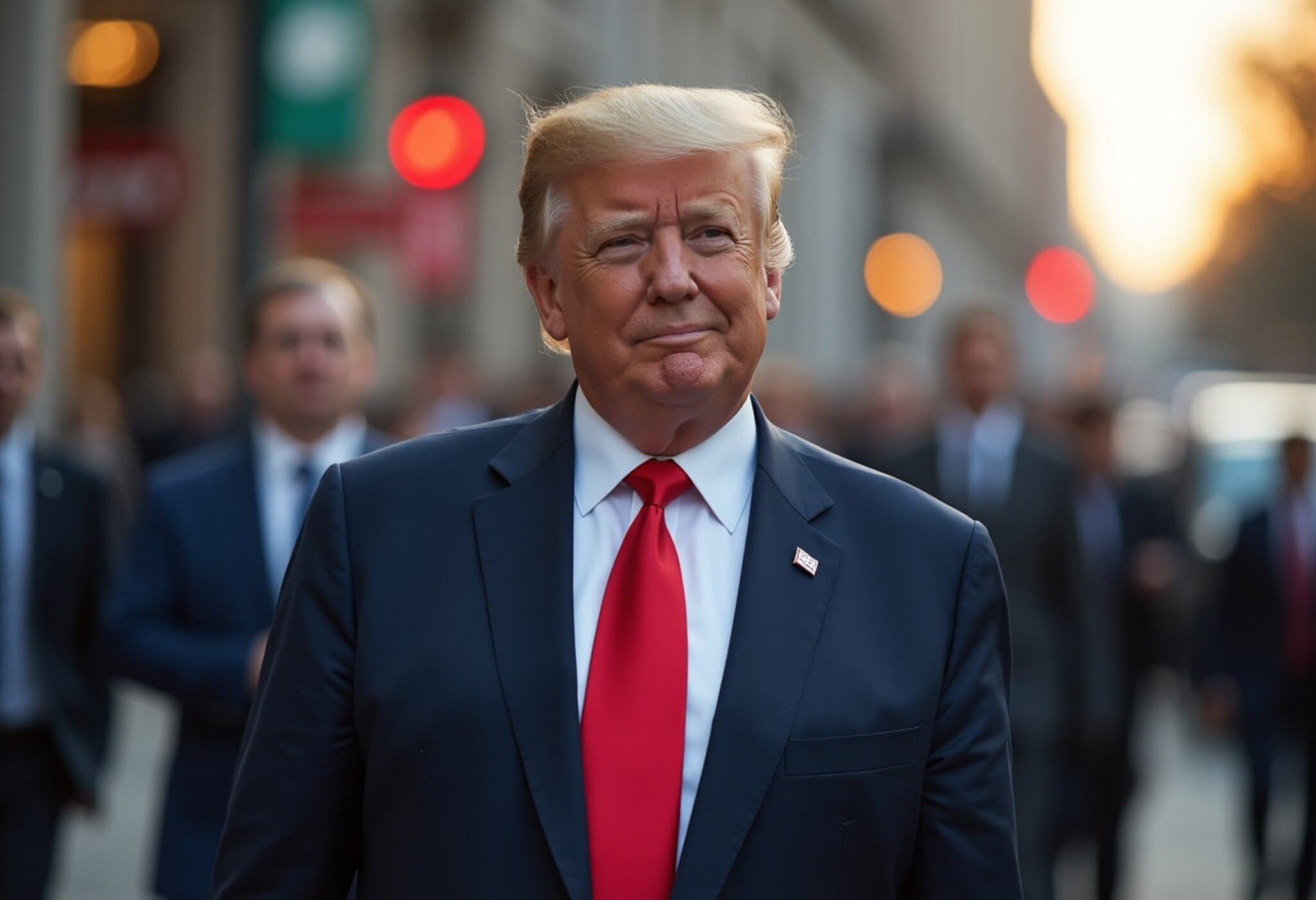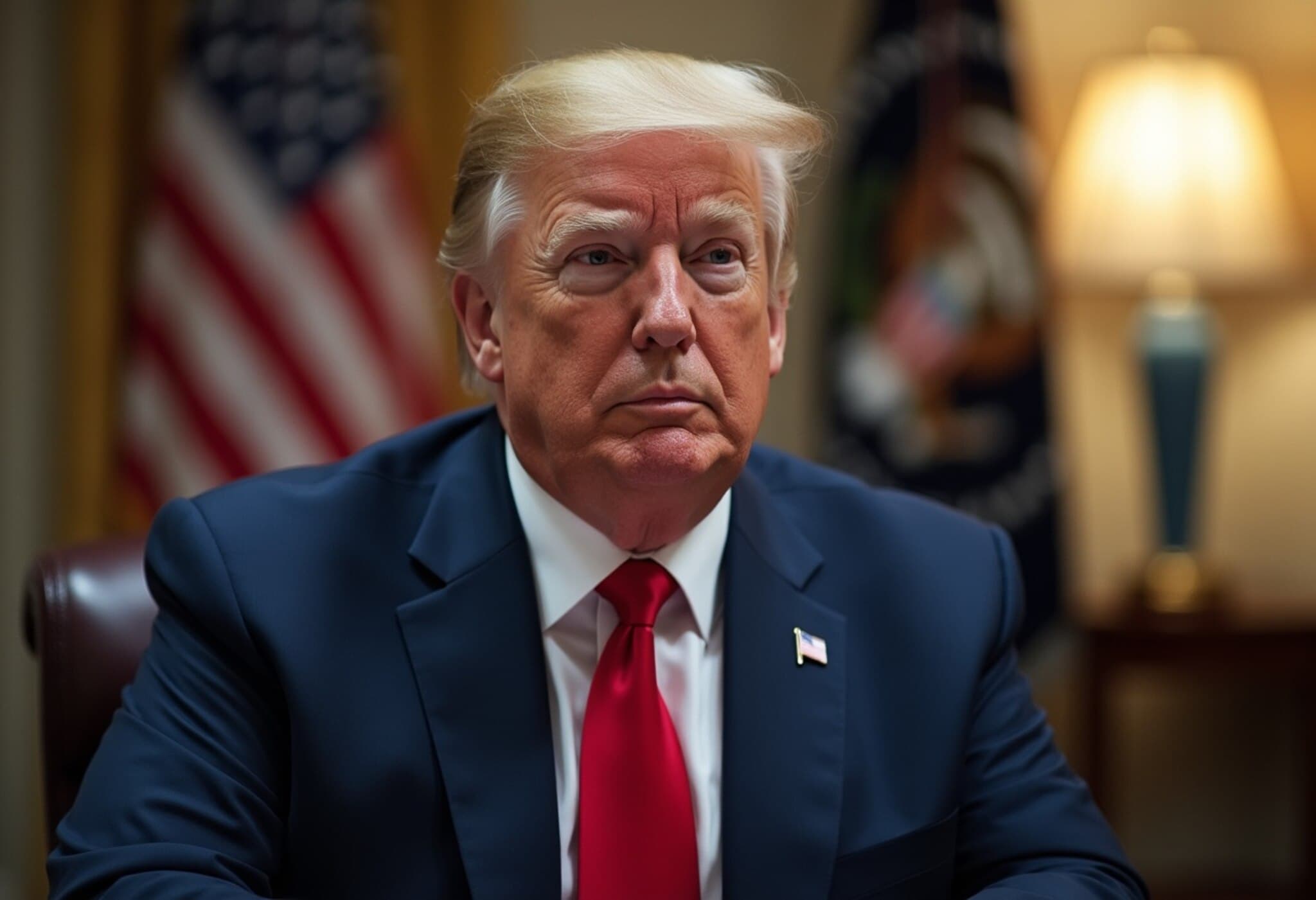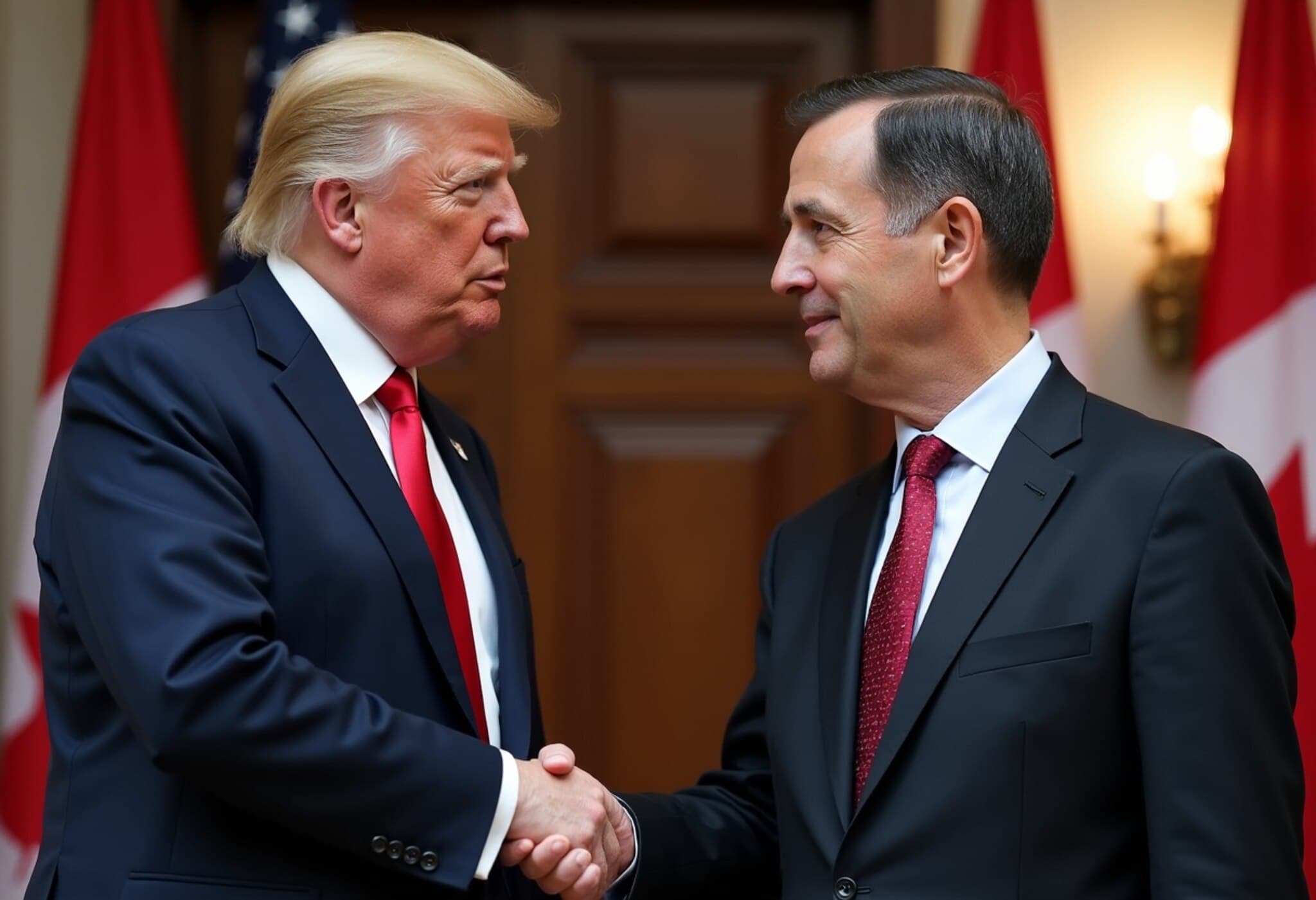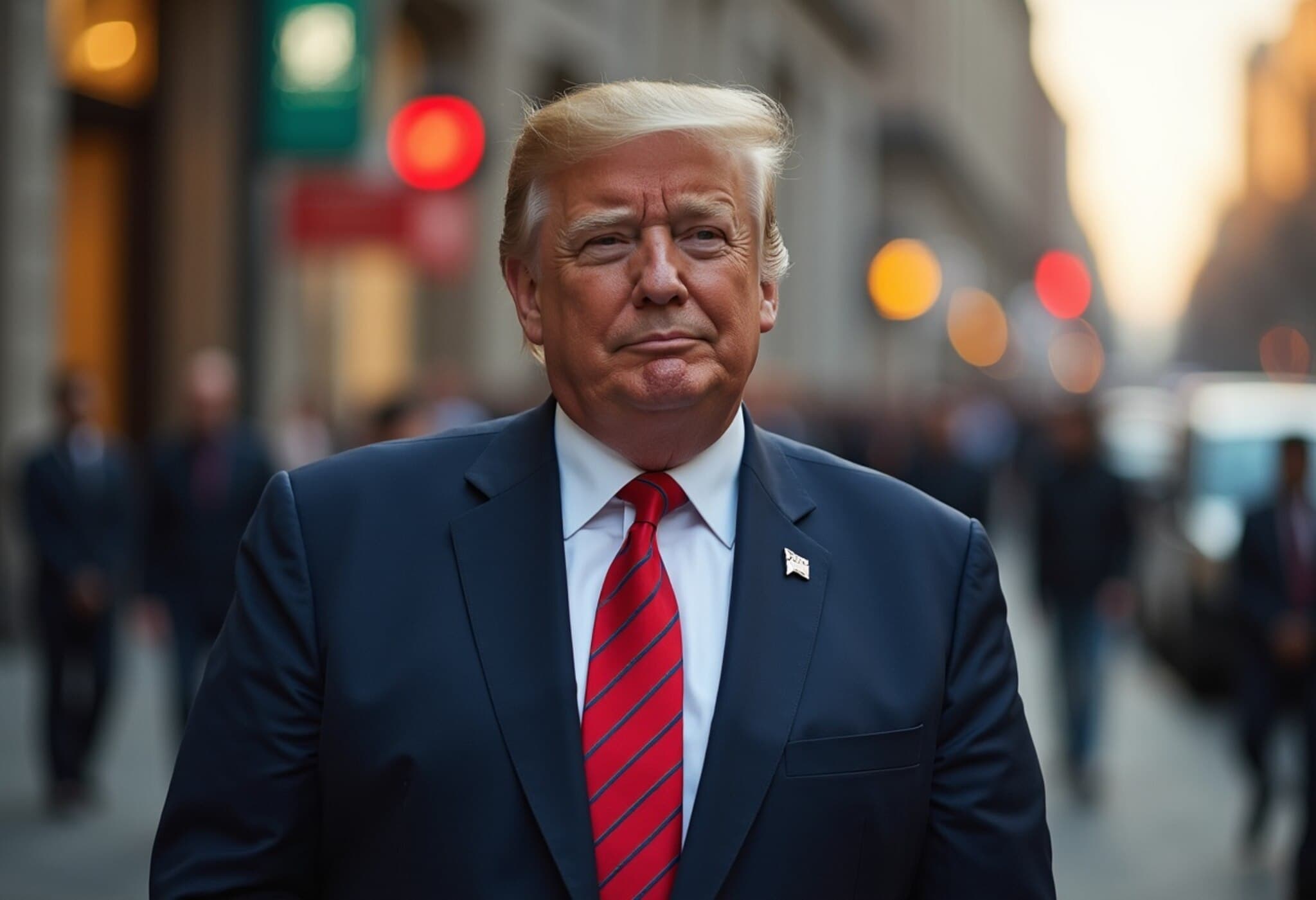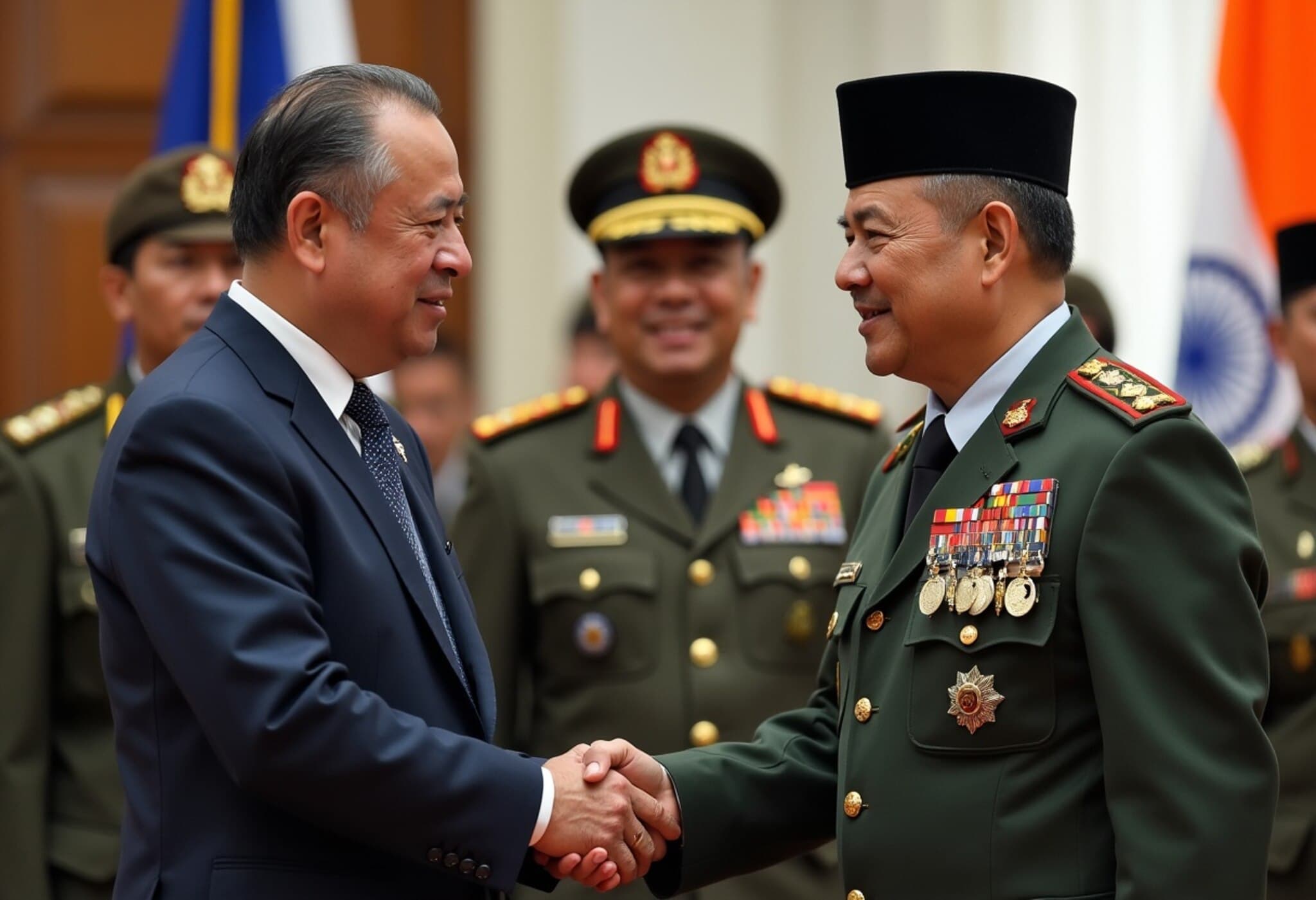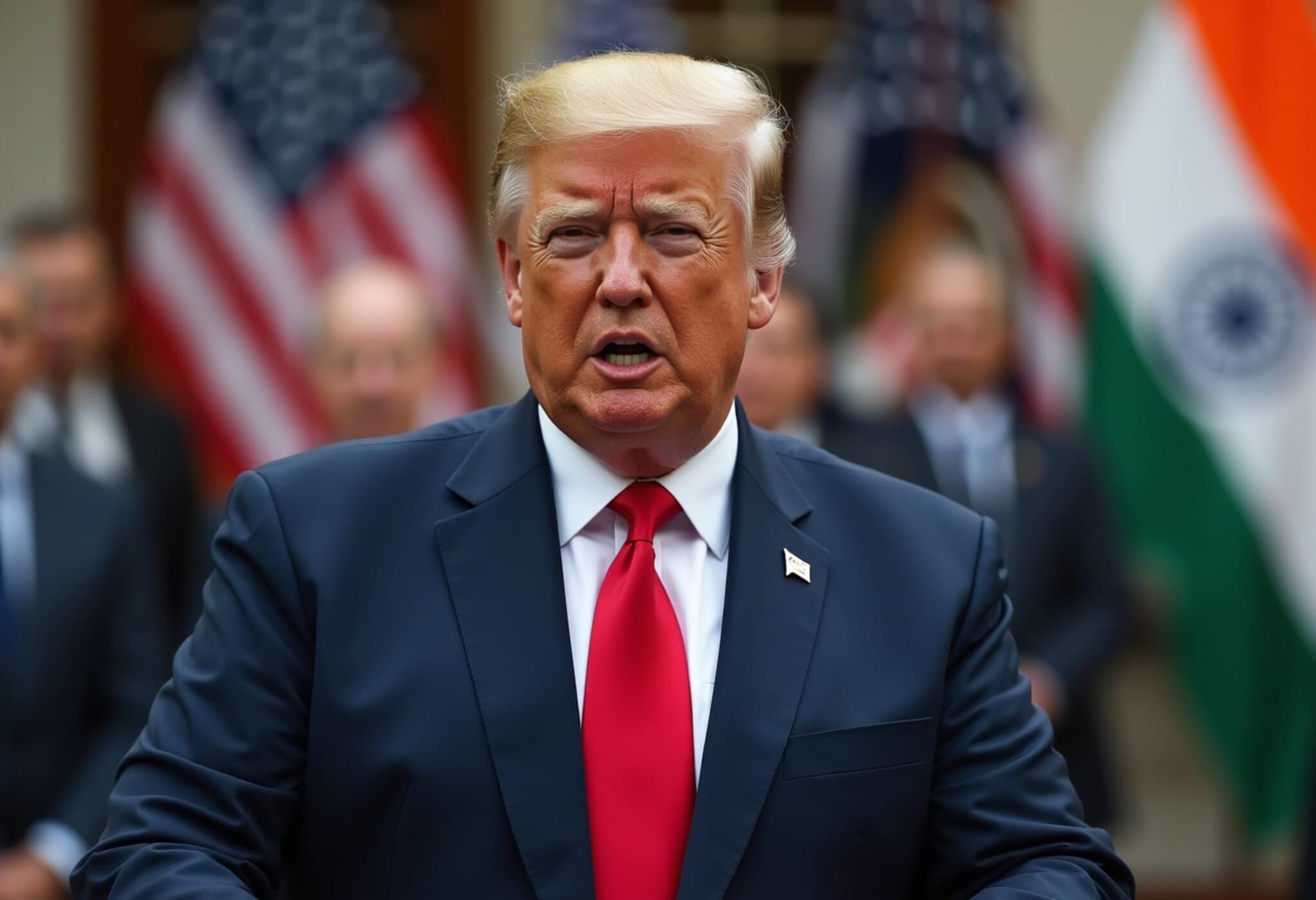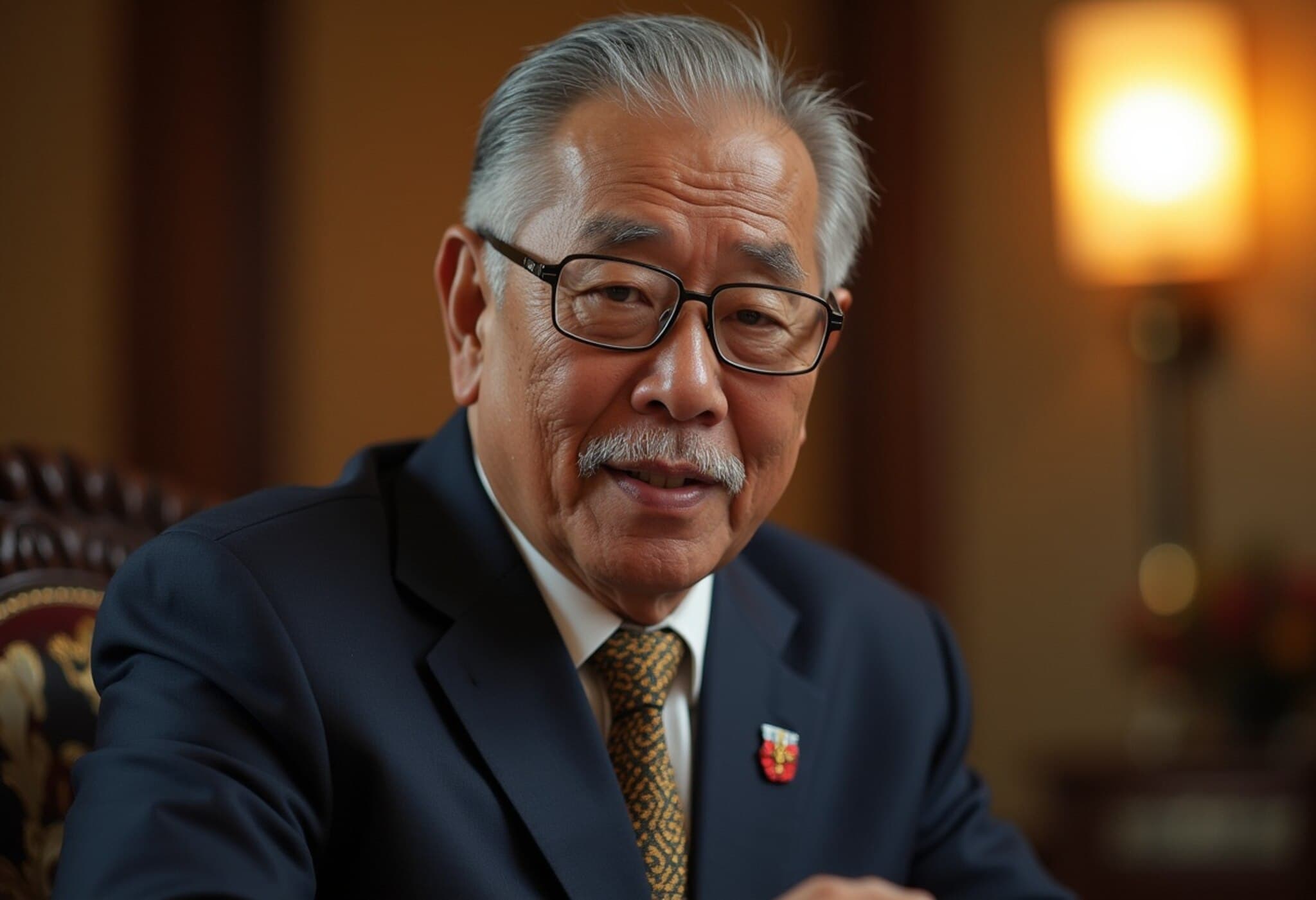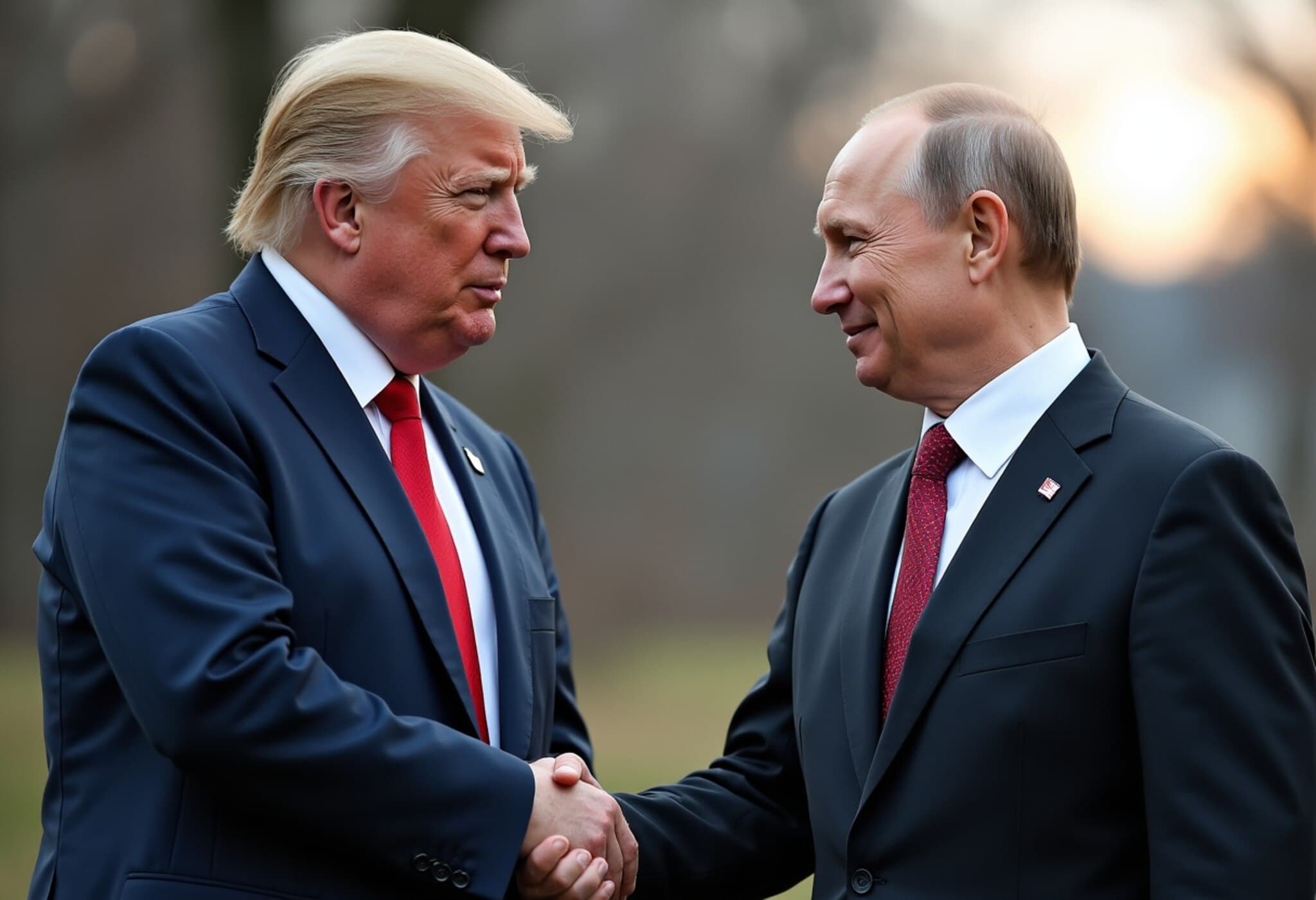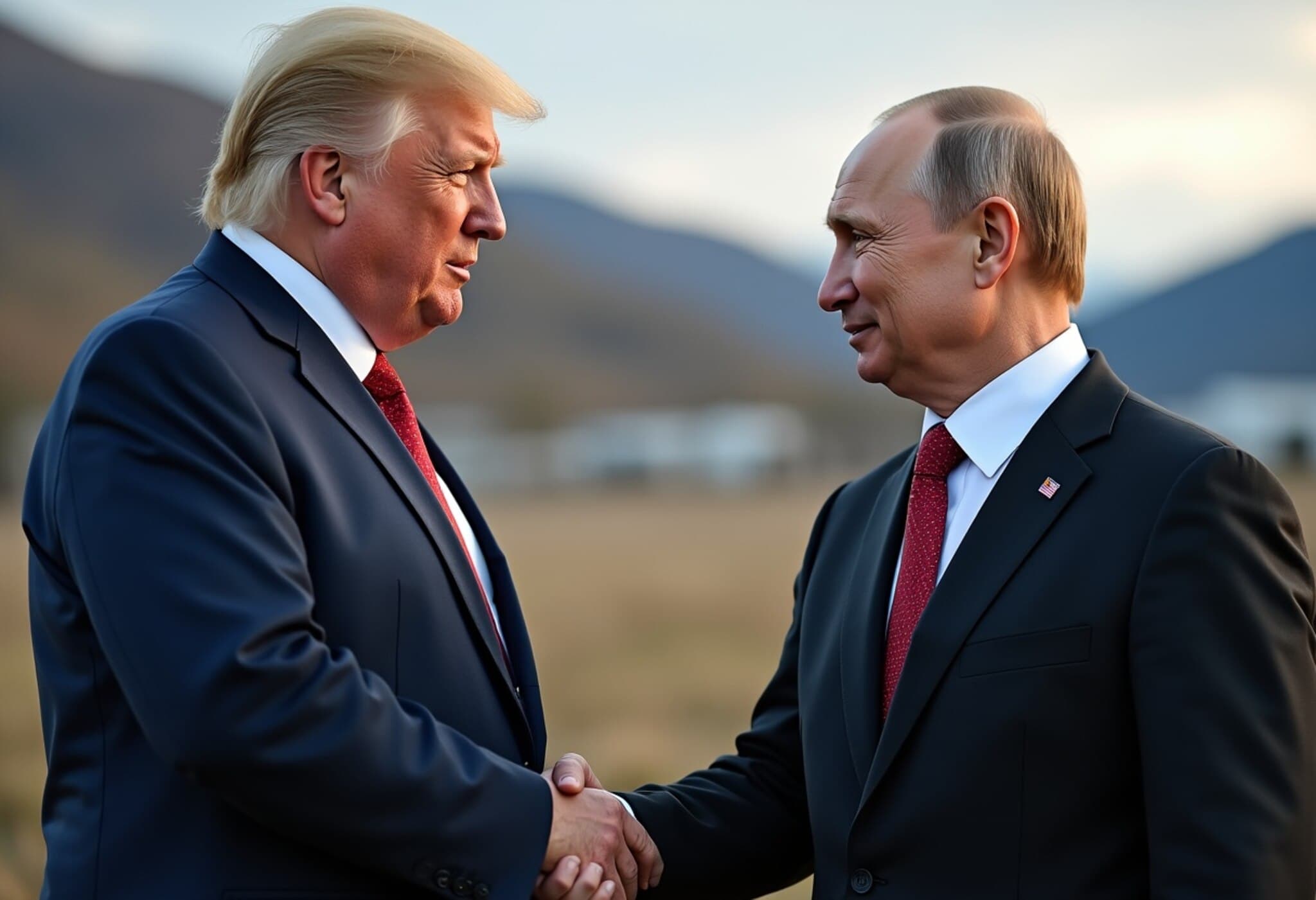US Reiterates Commitment to India Amidst Trade Disputes
On India's Independence Day, the US State Department underscored the enduring and "historic relationship" between the United States and India, signaling that despite recent tariff disputes, the bilateral partnership remains robust and forward-looking. Secretary of State Marco Rubio emphasized the shared vision for a "more peaceful, prosperous, and secure Indo-Pacific region," highlighting cooperation across critical sectors, including technology, defense, space exploration, and innovation.
Trade Tensions Shadow But Do Not Overshadow Relationship
While the Trump administration's imposition of punitive tariffs on Indian goods introduced tension, senior Indian officials indicate that aside from trade disagreements, collaboration on security and technology fronts continues uninterrupted. This suggests a nuanced approach from Washington, blending economic pressure with strategic alliance objectives, particularly in countering China's regional influence.
Joint Ventures and Milestones Signal Continued Collaboration
Demonstrating this ongoing partnership, India and the US recently launched the NISAR satellite—a joint effort between ISRO and NASA designed to monitor Earth's surface changes for environmental and disaster understanding. This mission underscores an investment in shared scientific advancement and climate change efforts.
Additionally, Indian enterprises are poised to benefit from advanced AI hardware like NVIDIA's Blackwell chips, technologies the US has restricted to China. This access could significantly enhance India's innovation capabilities, further deepening bilateral tech collaboration.
Contrasting US Diplomacy: Pakistan Focus vs. India Partnership
Interestingly, the State Department's Independence Day message on Pakistan adopted a narrower focus—highlighting counterterrorism, trade, and economic opportunities tied to natural resources such as hydrocarbons and critical minerals. Analysts note that White House overtures toward Pakistan appear driven by private sector interests and geopolitical calculations involving regional balance, especially concerning Iran and China's influence.
Expert Perspectives: Impact on Indo-US Relations
The American expert community largely agrees that recent US trade actions have strained relations with India, potentially causing long-term damage. CNN’s Fareed Zakaria remarked on the profound disappointment in India over perceived unreliability and disrespect from the US, suggesting it may prompt New Delhi to reconsider its strategic alliances, possibly warming up to Russia or mending fences with China to hedge against future uncertainties.
Contextual Analysis: Balancing Economic Realities and Strategic Partnerships
The US-India relationship exemplifies complexities inherent in modern diplomacy where economic policies can clash with strategic objectives. The Trump administration's tariff tactics seemingly prioritized short-term economic gains or negotiating leverage but risk undermining a multifaceted alliance critical for Indo-Pacific stability.
For India, sustaining a balanced foreign policy that leverages American partnership without alienating traditional allies remains a delicate act, especially amid dynamic regional geopolitics and emerging technology landscapes.
Looking Forward: Questions and Opportunities
- Can the US reconcile trade policy with its broader strategic goals in the Indo-Pacific?
- How will India navigate its evolving relations with the US, China, and Russia amid shifting geopolitical currents?
- What role might technological cooperation play in cementing long-term trust and partnership?
Editor’s Note
While official rhetoric from the US State Department projects optimism about the bilateral relationship with India, underlying trade frictions and contrasting approaches toward regional neighbors like Pakistan reveal fractures that should not be underestimated. Observers and policymakers alike must recognize that in today's interconnected world, economic and strategic policies are deeply intertwined. How both nations manage these tensions will shape not only their future partnership but also broader Indo-Pacific stability and innovation ecosystems.
Rajghatta, an acclaimed author and journalist specializing in South Asian affairs, provides nuanced insight into the evolving landscape of US-India relations.

